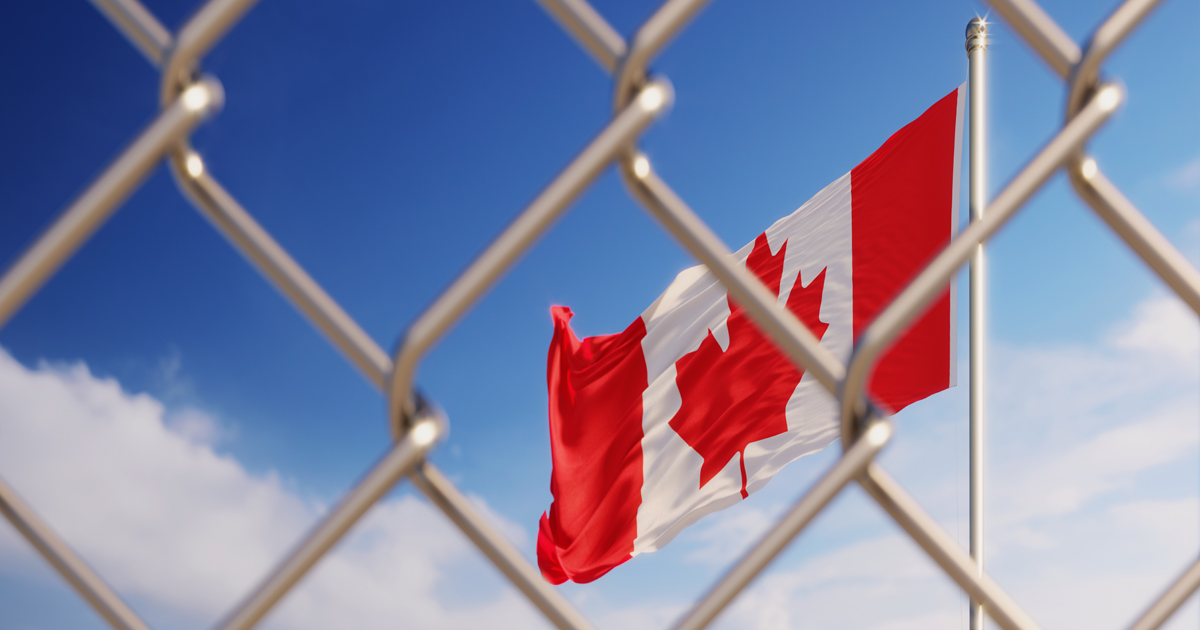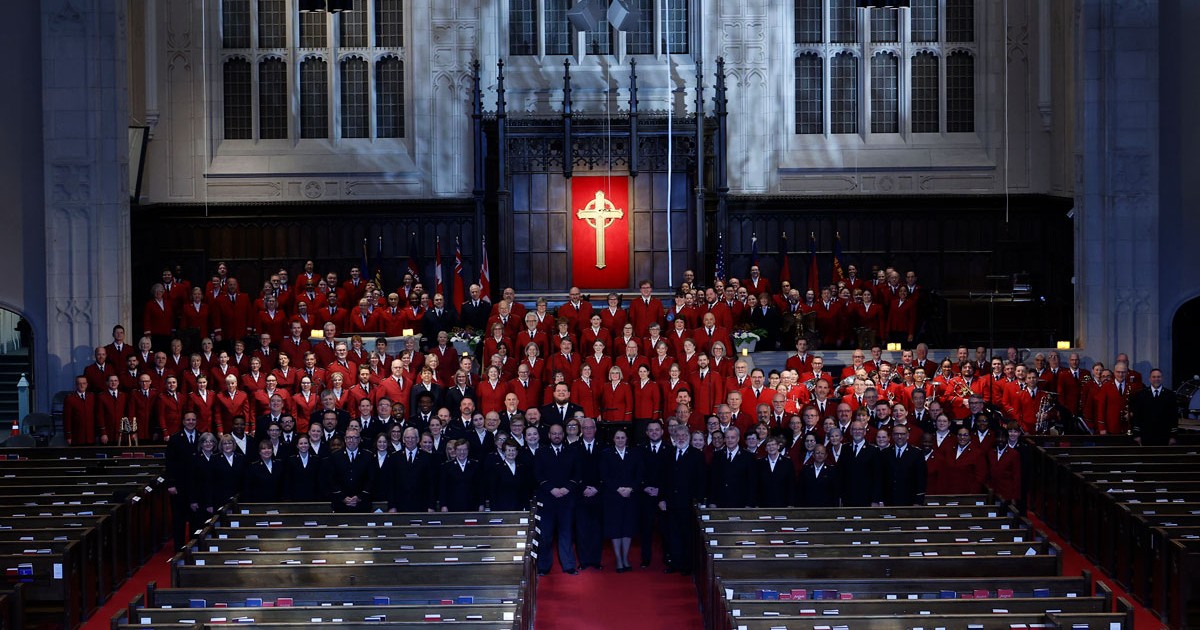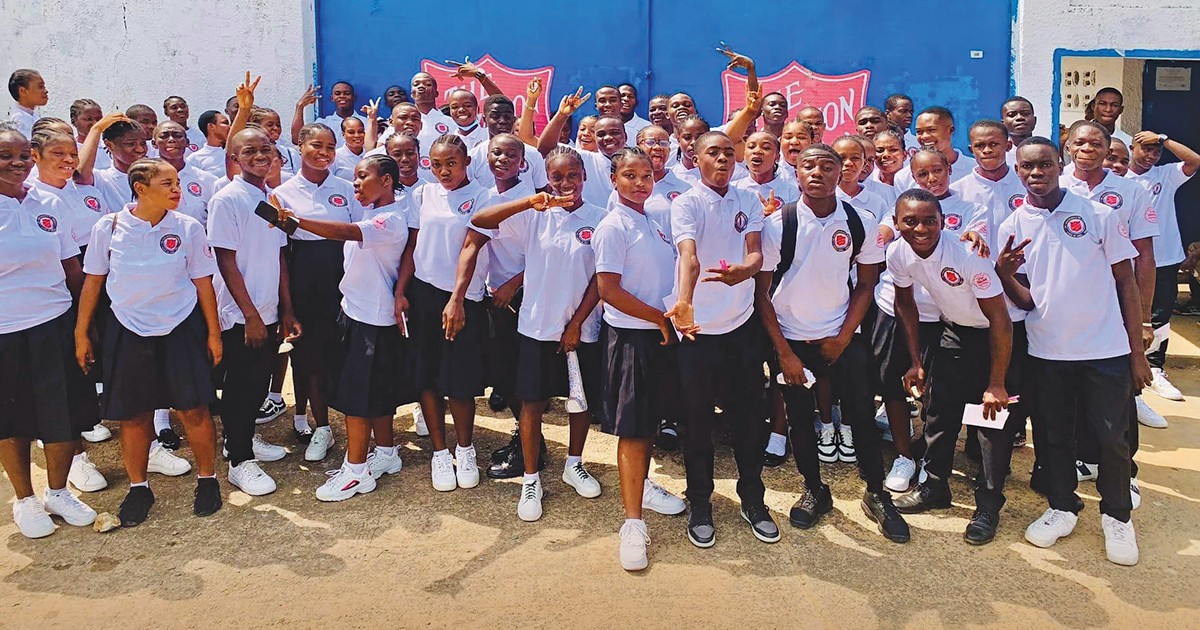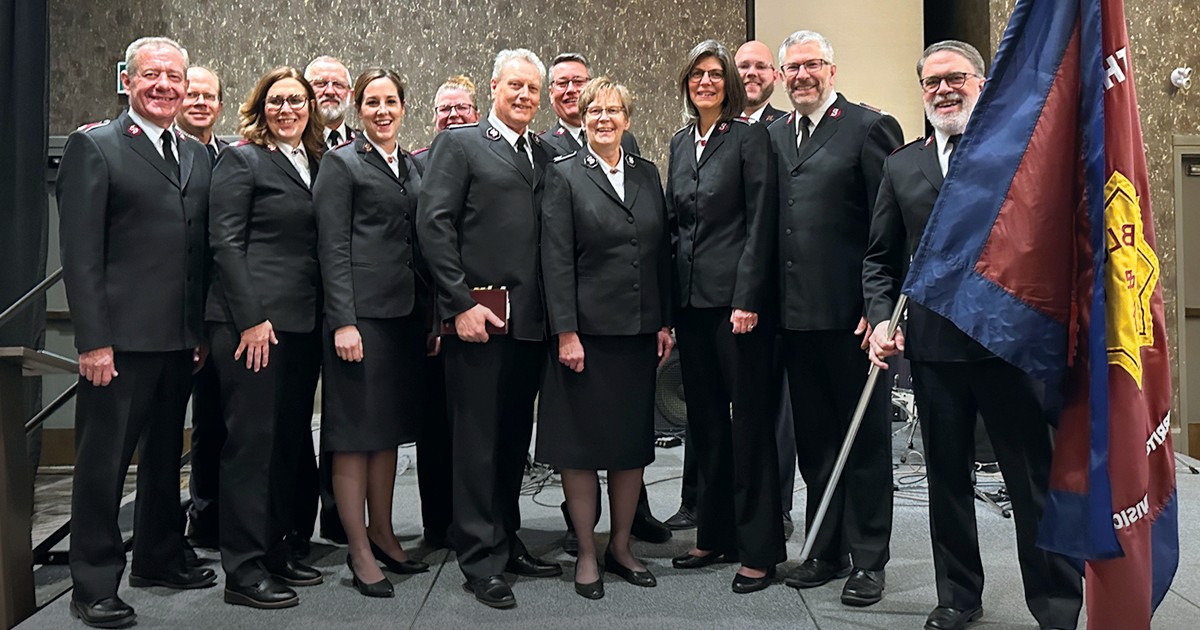I have long been impressed with the alertness, responsiveness and presence of Salvation Army ministries, permanently or on short notice, in so many situations requiring an urgent and important response: accompanying and offering a safe haven for human trafficking survivors; organizing emergency disaster response services for fires, floods or ice storms; offering social services in communities where poverty rates are high to return dignity to the lives of vulnerable and marginalized people. Of all the Canadian Council of Churches’ members, The Salvation Army so obviously deploys its resources to live out its core values and beliefs—an example of “putting your money where your mouth is,” as they say. The Canadian Council of Churches, and Canada, is blessed by the Army’s presence and ministry.
Refugee Sponsorship
Today, the increasing numbers of displaced people and refugees around the globe is a growing emergency. Whether fleeing war and civil conflict, disastrous and catastrophic weather conditions, gang violence, political repression or extreme economic hardship, people are making that terrible decision to leave hearth and home, family and heritage, and travel to another country where they might find relief, hope and welcome.
As a sponsorship agreement holder, here, too, The Salvation Army shines. Faith communities sponsor refugees from all over the globe, welcoming and accepting them into their communities. Churches have been at the forefront of refugee sponsorship efforts across Canada.
Unfortunately, many who make that terrible decision to flee do not find relief, hope and welcome when they arrive at a U.S.-Canada border. When refugee claimants arrive in Canada at a U.S.-Canada border crossing, they are turned back to the American side of the border, where they are routinely detained in correctional facilities, otherwise known as prisons.
U.S.-Canada Safe Third Country Agreement
This year, Nedira Jemal Mustefa, a refugee from Ethiopia, provided persuasive testimony to the federal court that she had been returned to the United States by Canadian customs officers and immediately detained at the Clinton Correctional Facility in New York state for one month, including solitary confinement for one week. She described the experience as “a terrifying, isolating and psychologically traumatic experience.” Her testimony was confirmed and corroborated by additional testimony from others who had been turned back to the United States from a Canadian border post. Indeed, the average period of detainment in American facilities was confirmed as 31 days.
Her testimony was entered as evidence in the federal court case challenging the U.S.-Canada Safe Third Country Agreement and was, in Madam Justice McDonald’s words, sufficient to “shock the conscience.” The judge concluded that the agreement violated the Canadian Charter of Rights and Freedoms and on July 22, 2020, she ordered that the agreement be struck down, giving the Government of Canada six months to respond.
Charter Court Challenge
This is the second time that The Canadian Council of Churches, the Canadian Council for Refugees and Amnesty International Canada have together intervened to challenge the U.S.-Canada Safe Third Country Agreement as not being in keeping with the letter or spirit of the Canadian Charter of Rights and Freedoms. It is also the second time we have won the case in federal court.
Journey of Justice
Despite calls from across Canada to immediately suspend the agreement, and to end the practice of sending refugee claimants at Canadian border posts back to the United States, on August 28 the Government of Canada announced that they were appealing the decision. The Canadian Council of Churches, the Canadian Council for Refugees and Amnesty International Canada will be continuing the journey of justice up to the Federal Court of Appeal.
As a friend of mine recently put it, personal acts of charity and justice can relieve suffering and put people on a better course, but right changes in policy and legislation can be much more effective over the long term in treating people with justice, dignity and hospitality.
The Way Ahead
The Canadian Council of Churches has long advocated that everyone physically present in Canada ought to have equal access to the Canadian Charter of Rights and Freedoms and the principles of justice contained in that Charter. In this case, rather than obliging refugee claimants to travel through Roxham Road on the Vermont-Quebec border, or the Manitoba Prairies or other informal crossings in Western Canada to avoid the requirements of the U.S.-Canada Safe Third Country Agreement, we should instead ensure that all who arrive at border crossings are received with dignity, have their case heard and receive a response as to whether or not they can be recognized as a refugee claimant in a timely way.
You can write your member of Parliament. Ask them to drop the appeal, and to tell Canadian Border Services to stop sending refugee claimants back to the United States where they are imprisoned and detained.
Am I My Brother’s Keeper?
One of the very first biblical stories is the one about the two brothers Cain and Abel. After Cain had killed his brother in a fit of jealousy, he heard God asking what had happened to Abel. Cain said he didn’t know, and added a response that has since resounded through the ages: “Am I my brother’s keeper?” (Genesis 4:9).
May we not turn away from injustice and violence, and may we not dare to ask God whether we are our brother’s or sister’s keeper, but instead respond with honesty and compassion, mercy and justice.
Pastor Peter Noteboom is the General Secretary of The Canadian Council of Churches.
Photo: MicroStockHub/iStock via Getty Images Plus










Leave a Comment